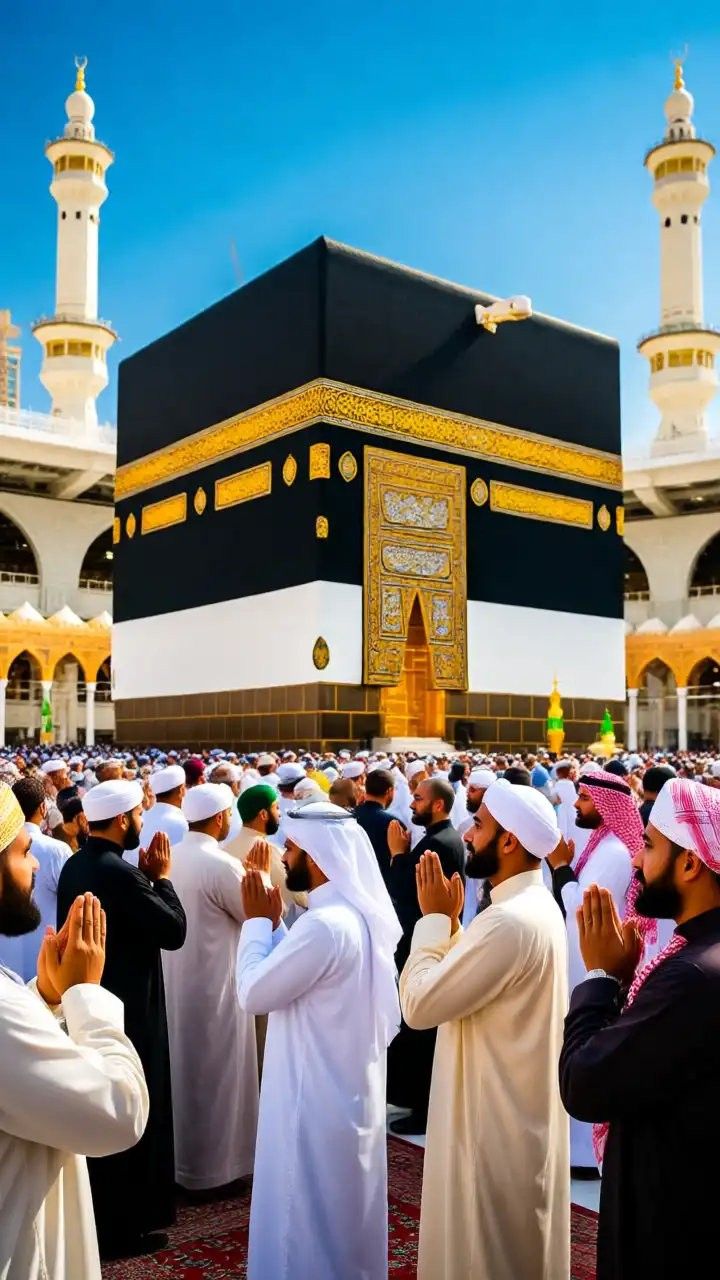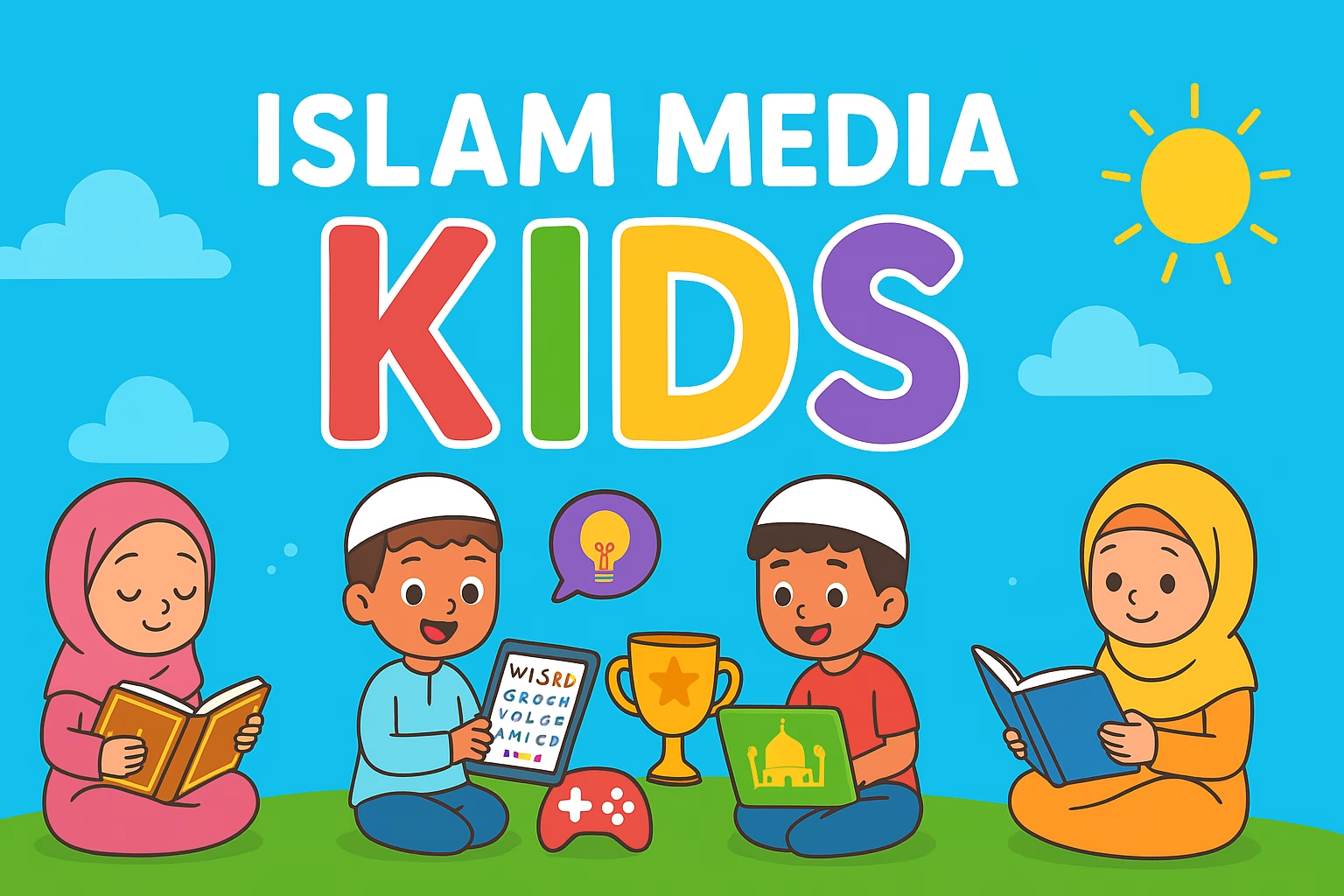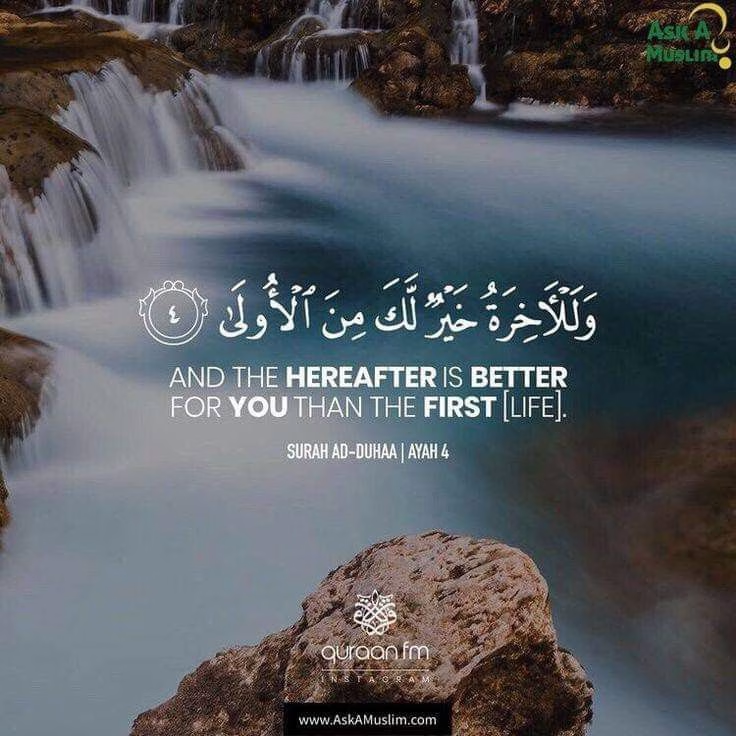The Journey of Tamīm ad-Dārī رضي الله عنه and the Island of al-Jassāsah
Tamīm al-Dārī رضي الله عنه was a Christian sailor who later accepted Islam. Before embracing Islam, he once sailed with thirty men and their ship was tossed by the sea…
Articles, News,Podcast and videos
Tamīm al-Dārī رضي الله عنه was a Christian sailor who later accepted Islam. Before embracing Islam, he once sailed with thirty men and their ship was tossed by the sea…
Tamīm al-Dārī رضي الله عنه was a Christian sailor who later accepted Islam. Before embracing Islam, he once sailed with thirty men and their ship was tossed by the sea…
Tamīm al-Dārī رضي الله عنه was a Christian sailor who later accepted Islam. Before embracing Islam, he once sailed with thirty men and their ship was tossed by the sea…

Should Muslims Celebrate New Year? When the world welcomes New Year with fireworks, parties, countdowns and celebrations, a Muslim’s heart reacts differently. Islam teaches us that the passing of time…

Becoming Close to Allah: How Strengthening Faith Can Transform Our Lives IntroductionEvery believer has a deep desire to feel closer to Allah ﷻ — to feel peace in the heart,…

The Passing Away of Shaikh Zulfiqar Ahmad Naqshbandi (رحمه الله) A Great Loss for the Ummah The Ummah has once again been struck with sorrow at the passing away of…

Introducing the Islam Media Central App — A New Way to Learn, Engage and Grow In today’s fast–moving digital world, the need for reliable, authentic and engaging Islamic content has…

Islam Media Central Launches Islam Media Kids! A Fun Islamic Learning Experience for Kids! Islam Media Central proudly launches Islam Media Kids, a vibrant new platform designed to make Islamic…

Greeting in Islam – The Beauty of Saying “Assalamu Alaikum” In Islam, greeting others with peace is not just a form of politeness — it is an act of worship…

🌿 The World is Temporary, and the Hereafter is Our Eternal Home “Every soul shall taste death.” كُلُّ نَفْسٍ ذَائِقَةُ الْمَوْتِ ۗ وَإِنَّمَا تُوَفَّوْنَ أُجُورَكُمْ يَوْمَ الْقِيَامَةِ ۖ فَمَن زُحْزِحَ…
